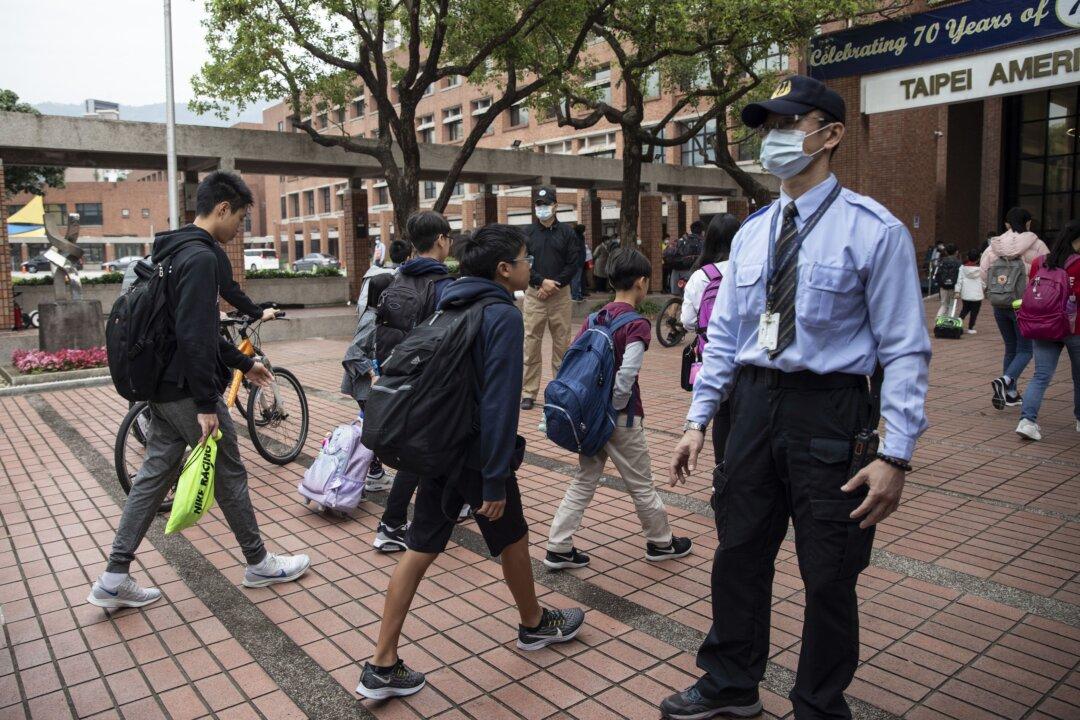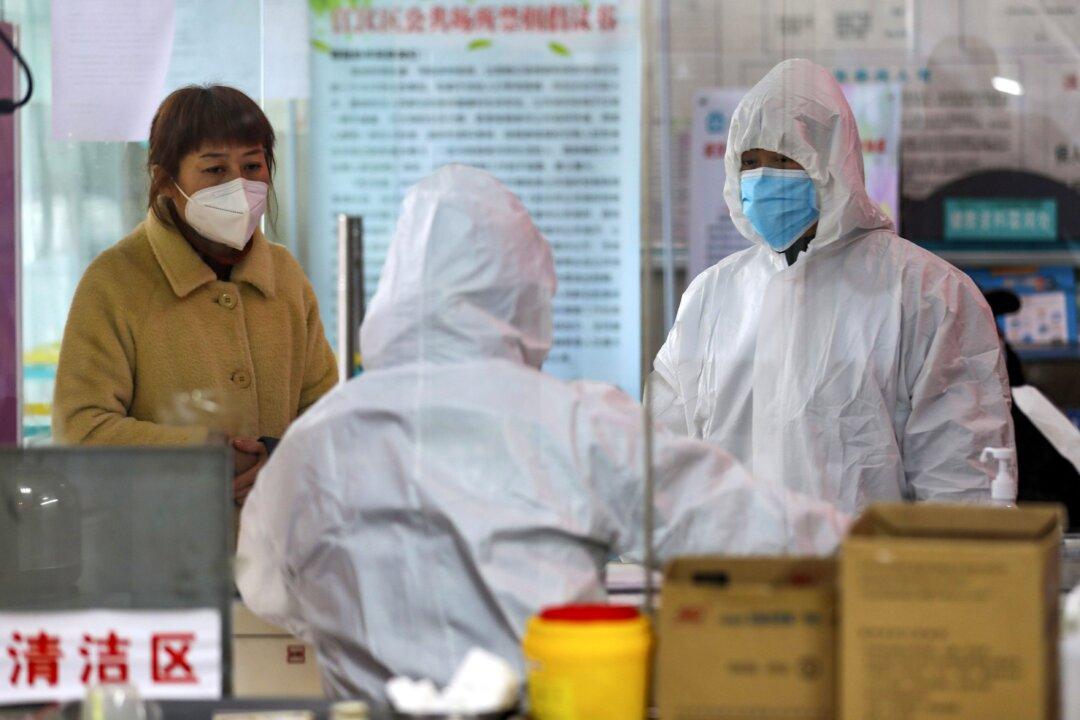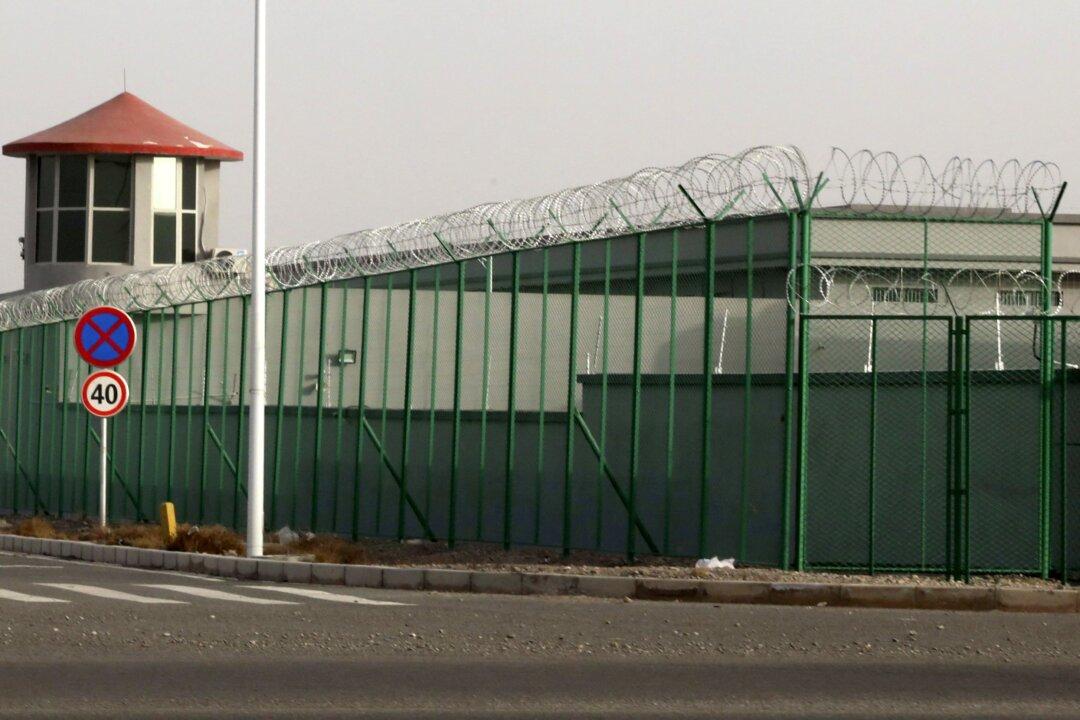It should surprise no one that Vladimir Putin’s bombing campaign in Syria since September has focused on regions held by forces fighting President Bashar al-Assad rather than the large ISIS-controlled areas north and east of Aleppo. Meddling by major foreign powers has long played a part in making the Middle East a volatile and dangerous region. Russia in particular has been a malign influence in Syria for decades.
Bilateral relations began in 1925 and continued under a secret agreement after Syria won independence from France in 1946, Moscow and Damascus remained closely allied during the entire Cold War. Each regional conflict appeared to strengthen their bonds.
In 1971, Russia was allowed to open its naval base at Tartus, its only military facility outside the former USSR. In return, many Syrians studied in Russia from 1971 to 2000, during the dictatorship of Bashar al-Assad’s father.
In nearby Iraq, the U.S.-led invasions in 1990 and 2003 were followed by penetrations of Iranian Khomeinists, whose muscle-flexings worsened Sunni-Shia tensions. The main actor in propelling these frictions to the point of civil war was Iraqi Prime Minister Nouri al-Maliki. His 2006–2014 government was supported to its long overdue end by both the Bush and Obama administrations.





